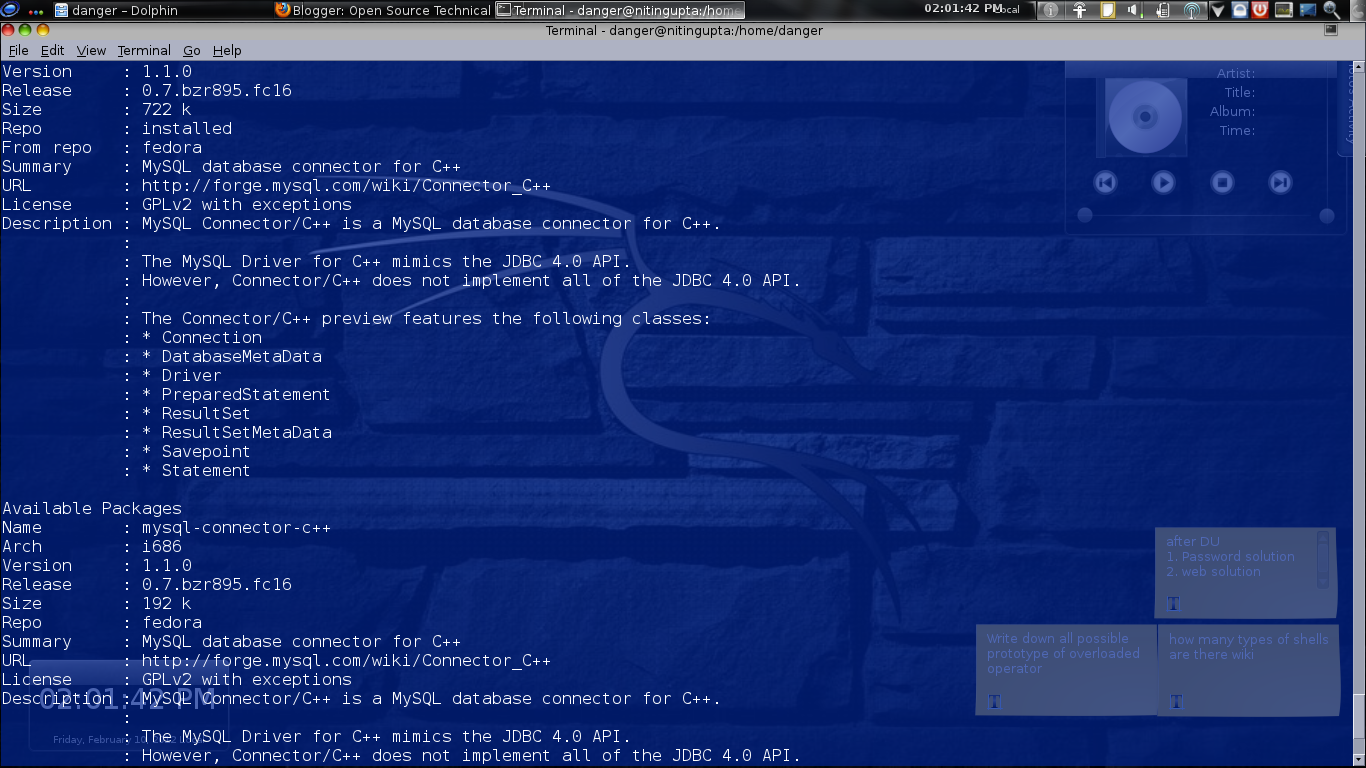
Jun 19, 2014. Mastering C++ 2nd Edition, authored by K. Venugopal and Rajkumar Buyya, is a comprehensive book for student learning the C++ program. It comprises of case studies. Venugopal is the Principal at University Visvesvaraya College of Engineering, Bangalore University. DOWNLOAD PDF FILE.
Built-in Operators and function, Console based I/O and related built-in I/O function, Concept of header files. Mastering C by Venugopal, Prasad – TMH. 1.2 Structures of 'C' Programming. 1.3 Function as building blocks. 1.4 Character set. 1.5 Constants and Variables. 1.6 C Tokens. 1.7 Keywords. 1.8 Identifiers. Jun 30, 2013. C++ projects,C# projects, programming lectures, programming exercises, Programming tutorials. Type Casting; Vectors; Enumerations; Preprocessor directives; Input/Output with files. Download Books. Free download c++ books. Book Name: object oriented programming. Author Name: Robert Lafore. Mastering C++. Mocha Tn5250 For Mac Os X Serial Console. Posted on September 14th, 2012. Mastering C++. Full text of “Mastering C++” by K. Venugopal is available on Google Books. Every aspect is prominently illustrated with figures and examples which are well tested, illustrative amd impressive in the manner the solutions are designed.
Not to be confused with. In, inheritance is when an or is based on another object () or class (), using the same implementation. Inheritance in most class-based object-oriented languages is a mechanism in which one object acquires all the properties and behaviours of the parent object. Websdr Software Defined Radio Online. Inheritance allows programmers to: create classes that are built upon existing classes, to specify a new implementation to maintain the same behaviour (realizing an interface), to and to independently extend original software via public classes and interfaces.
The relationships of objects or classes through inheritance give rise to a. An inherited class is called a subclass of its parent class or super class. The term 'inheritance' is loosely used for both class-based and prototype-based programming, but in narrow use is reserved for class-based programming (one class inherits from another), with the corresponding technique in prototype-based programming being instead called (one object delegates to another).
Inheritance with. In some languages inheritance and subtyping agree, whereas in others they differ; in general, subtyping establishes an relationship, whereas inheritance only reuses implementation and establishes a syntactic relationship, not necessarily a semantic relationship (inheritance does not ensure ). To distinguish these concepts, subtyping is also known as interface inheritance, whereas inheritance as defined here is known as implementation inheritance or code inheritance. Still, inheritance is a commonly used mechanism for establishing subtype relationships.
Inheritance is contrasted with, where one object contains another object (or objects of one class contain objects of another class); see. Composition implements a relationship, in contrast to the is-a relationship of subtyping. Multiple inheritance There are various types of inheritance, based on paradigm and specific language. Single inheritance where subclasses inherit the features of one superclass. A class acquires the properties of another class. Multiple inheritance where one class can have more than one superclass and inherit features from all parent classes. 'Multiple Inheritance (object-oriented programming) was widely supposed to be very difficult to implement efficiently.
For example, in a summary of in his book on Brd.Cox actually claimed that adding Multiple inheritance to C++ was impossible. Thus, multiple inheritance seemed more of a challenge. Since I had considered multiple inheritance as early as 1982 and found a simple and efficient implementation technique in 1984.